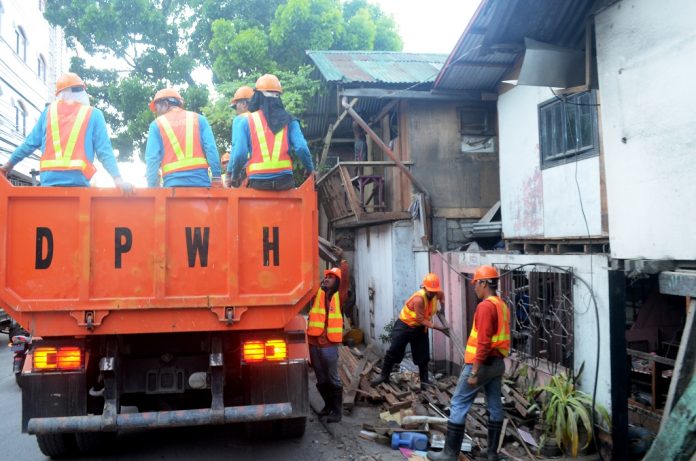
ILOILO City – No one in the informal sector in Boracay Island would be evicted from their current abodes without having a place where to relocate, according to the Department of Social Welfare and Development (DSWD).
Boracay has been closed for rehabilitation and one of the activities is the dismantling of structures illegally built on the island’s wetlands and forestlands.
“Wala pong ma-e-evict nang walang relocation,” announced DSWD officer-in-charge Emmanuel Leyco who flew to Boracay.
He also assured the island’s informal sector affected by Boracay’s closure of assistance such as food and transportation.
“Nobody will go hungry. We have food packs for distribution,” Leyco told tricycle drivers, tourist guides and construction workers, among others, during a meeting.
DSWD set up an “operation center” in Boracay where to coordinate all its actions relative to Boracay’s closure. It has been tasked to address the concerns of the informal sector.
In ordering Boracay’s closure and rehabilitation, President Rodrigo Duterte noted that only four out of nine wetlands in the island remain due to the illegal encroachment of structures.
The structures included 937 illegally constructed on forestlands and wetlands, as well as 102 erected on areas already classified as easements.
These illegal structures would be demolished, according to Environment secretary Roy Cimatu.
As of 2 p.m. of April 26, DSWD already released P2.4 million in transportation assistance to a total of 1,021 clients.
Leyco said DSWD is also implementing its Sustainable Livelihood Program (SLP) in the island.
“We are going to field Sustainable Livelihood experts. We will do it quickly. We will exhaust everything to help the affected families,” he said.
The SLP has tracks which include microenterprise development and employment generation. The first track provides seed capital while the other track implements trainings, provides the participants with starter kits and then monitors their livelihood initiatives.
Aside from SLP, cash-for-work and other DSWD regular programs and services will also be implemented, said DSWD Region 6 director Rebecca Geamala.
Cash-for-work is the provision of cash for work rendered. It is a short-term employment for those affected by crisis or calamities, whether natural or manmade.
DSWD’s Aid to Individuals in Crisis Situation program can also be availed of. This consists of medical, transportation, educational and burial assistance, said Geamala./PN



